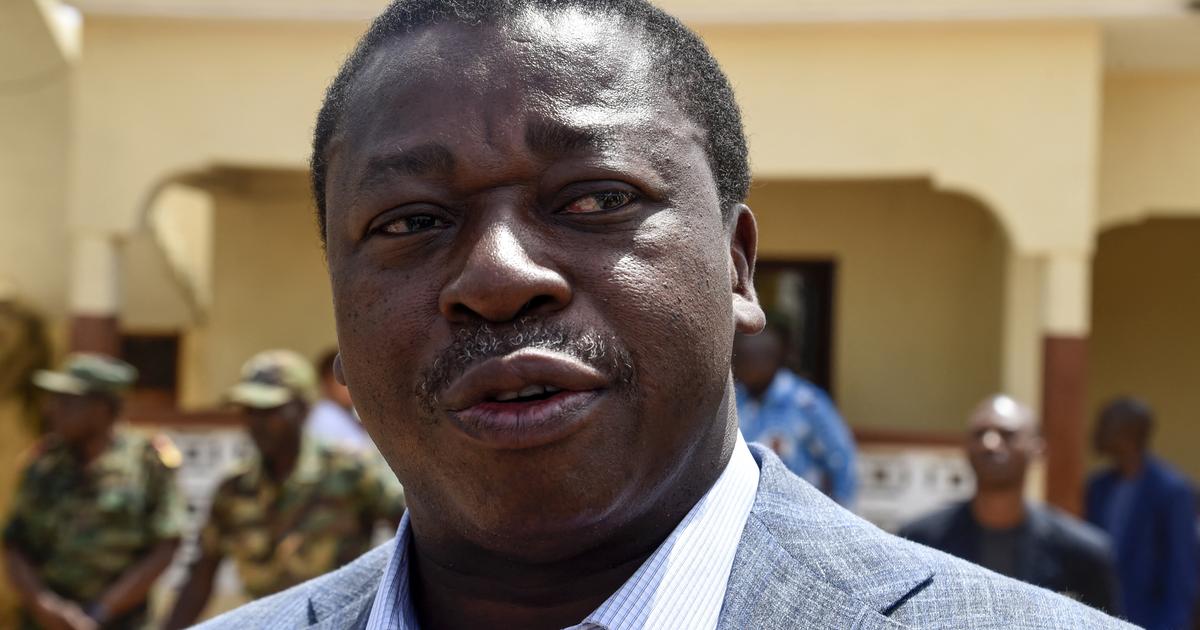Turnaround in Togo: President Faure Gnassingbé ordered Friday that the new Constitution, freshly adopted to establish a parliamentary and no longer presidential regime, be submitted to a new vote by deputies, in a context of growing political tension. Monday evening, the National Assembly, dominated by the Union for the Republic (UNIR), in power, validated the new text, a constitutional reform strongly contested by the opposition which sees it as a maneuver by the president to stay in power. .
“Everything being perfectible, and in view of the interest aroused within the population by the text since its adoption, the President of the Republic today asked the President of the National Assembly to carry out a second reading of the law adopted
,” announced Yawa Kouigan, Minister of Communications and government spokesperson on state television Friday evening. Since the adoption of the new Constitution, the opposition has been up in arms against the regime, fearing that this change will leave the way clear for President Faure Gnassingbé to remain at the head of the country, while the legislative and regional elections must take place. in three weeks, April 20.
Under the new Constitution, it is up to the Togolese parliament to elect the President of the Republic, who is deprived of any prerogative,
“without debate”
and
“for a single mandate of six years”
. Under the terms of the new text, power will reside in the hands of a
“president of the council of ministers”
, a sort of Prime Minister
“designated”
by the deputies, in charge of sovereign functions. His mandate must be six years, without it being specified whether it will be renewable or not. It is this point which worries the opposition which fears that Faure Gnassingbé will be appointed to this function, ensuring his retention in power for an indefinite period.
The current situation must be resolved “peacefully and democratically”
On Tuesday, the Conference of Bishops of Togo questioned, without a press release,
the “opportunity or not”
of carrying out this reform and the
“chosen timing”
. She called on the president to
“postpone the promulgation of the new Constitution and to initiate an inclusive political dialogue, after the results of the next legislative and regional elections”
. Several opposition parties and civil society groups held news conferences on Wednesday, one of which was broken up by law enforcement saying the organizers did not have the necessary permits.
On Friday, nearly a hundred academics, intellectuals, artists, political figures and civil society actors signed a
“citizen appeal”
asking the Togolese to
“mobilize”
to
“reject this betrayal”
and to President Gnassingbé
“ to stop the ongoing process for the good of our country
. According to AFP sources in Washington, the American government
“clearly”
asked the Togolese head of state that
“the current situation be resolved peacefully and democratically”
.
Faure Gnassingbé succeeded his father in 2005, who had held the country with an iron fist for nearly 38 years. In Togo, all presidential elections organized since the advent of democracy in 1990 have been contested by the opposition, with waves of violence notably during the presidential election of April 2005. Faure Gnassingbé was re-elected in 2010, 2015 and 2020, in elections still contested by the opposition. In 2019, a modification of the Constitution limited the number of mandates of the President of the Republic to two, while resetting the counters to zero for Faure Gnassingbé who was able to seek his own succession in 2020 and could have run for a final mandate of five years in 2025.

